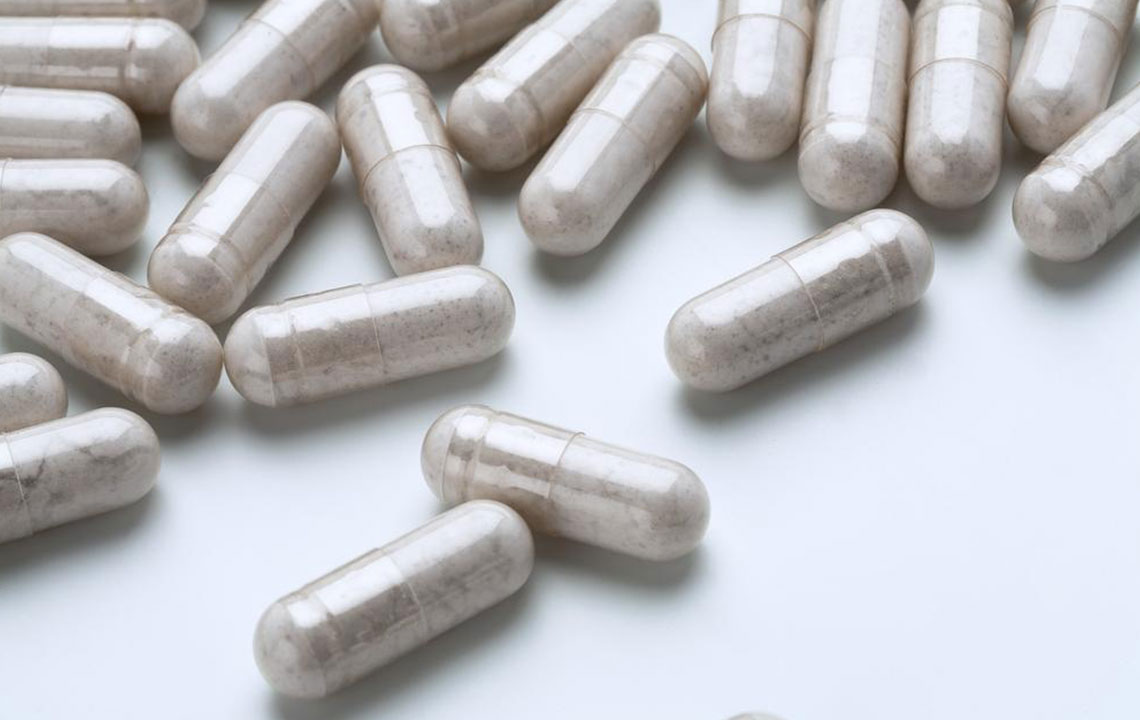Comprehensive Guide to the Health Benefits of Probiotics: Enhancing Digestive and Immune Wellness
Discover the comprehensive health benefits of probiotics, including improved digestion, immune support, mental health, and cardiovascular wellness. Learn how to incorporate probiotic-rich foods and supplements into your daily routine to foster a healthy, resilient body.

Comprehensive Guide to the Health Benefits of Probiotics: Enhancing Digestive and Immune Wellness
Probiotics, often referred to as beneficial bacteria, have gained significant recognition for their remarkable impact on human health. These live microorganisms naturally inhabit our digestive system and play a crucial role in maintaining the delicate balance of our gut microbiome. Besides their presence in certain fermented foods, probiotics are also available as dietary supplements, making it easier for individuals to incorporate them into daily routines. Understanding how probiotics work, their numerous health benefits, and how to effectively include them in your diet can significantly improve overall well-being.
Incorporating probiotics into your diet can boost digestive health, support your immune system, aid weight management, and help combat various health issues. Key benefits include improved nutrient absorption, reduced gastrointestinal discomfort, and enhanced mental health.
Probiotics are essential for maintaining optimal digestive harmony. They promote the growth of beneficial bacteria in the gut, helping prevent an imbalance that can lead to digestive problems and other health complications. Commonly consumed through fermented foods such as yogurt, kefir, sauerkraut, kimchi, and kombucha, probiotics are also available in supplement form, including capsules and powders, for convenient use. Regular intake helps sustain a healthy gut microbiome vital for overall health.
Strengthening Digestive System and Preventing Gastrointestinal Disorders
One of the most recognized benefits of probiotics is their role in enhancing digestive health. They foster the proliferation of good bacteria such as Lactobacillus and Bifidobacterium, which help maintain a balanced microbial environment in the gut. This balance is essential for efficient digestion, nutrient absorption, and waste elimination. Probiotics are particularly effective in reducing the incidence and severity of diarrhea, whether related to infections, medication use, or travel. They also support the recovery from gastrointestinal illnesses by shortening illness duration and restoring normal gut function.
Managing Antibiotic-Associated Diarrhea and Restoring Balance
Antibiotics, while powerful in fighting bacterial infections, can inadvertently disturb the natural flora of the gut, leading to diarrhea and other gastrointestinal discomforts. Probiotics such as Lactobacillus casei and Lactobacillus rhamnosus have demonstrated efficacy in preventing and managing antibiotic-associated diarrhea. Supplementing with probiotics during and after antibiotic treatment can help replenish beneficial bacteria, reduce side effects, and promote quicker recovery.
Boosting Mental Health and Cognitive Function
The connection between gut health and mental well-being—often referred to as the gut-brain axis—is an exciting area of research. Certain strains of probiotics like Bifidobacterium and Lactobacillus have shown promise in improving mood, reducing anxiety, and alleviating symptoms of depression. Regular consumption of probiotic-rich foods or supplements can influence neurotransmitter production, decrease inflammatory markers, and enhance overall mental resilience. Incorporating probiotics may be a helpful adjunct for managing stress and supporting cognitive function.
Supporting Heart Health by Regulating Cholesterol and Blood Pressure
Probiotics contribute to cardiovascular health by aiding in the management of cholesterol levels. They help break down bile acids and reduce the absorption of LDL (bad cholesterol), thereby lowering overall cholesterol levels. Additionally, probiotics can support healthy blood pressure levels by producing metabolites that relax blood vessels. These effects combined can significantly reduce the risk of cardiovascular diseases, making probiotics a valuable component of heart-healthy lifestyles.
Reducing Allergies and Enhancing Skin Health
Research indicates that probiotics can play a role in decreasing allergy symptoms and improving skin conditions such as eczema. Especially in children, probiotic supplementation has been associated with a lower incidence of allergic reactions and sensitivities. Probiotics modulate immune responses, helping the body react less aggressively to allergens. Moreover, they support skin barrier function and may reduce inflammation, leading to clearer, healthier skin.
Preventing and Managing Bowel Disorders
Probiotics are increasingly recognized for their therapeutic potential in managing chronic bowel conditions such as Crohn’s disease, ulcerative colitis, and other inflammatory bowel diseases. They help reduce inflammation, restore gut barrier integrity, and modulate immune responses. For premature infants and those at risk of necrotizing enterocolitis, probiotic supplementation can significantly lower incidence rates. Regular use can also prevent recurrent gastrointestinal infections and promote immune health.
To maximize their benefits, it’s advisable to include fermented foods or probiotic supplements consistently in your diet. These can be found in various forms, including tablets, capsules, powders, and drinkable beverages, available at pharmacies and health stores. Always seek guidance from healthcare professionals to choose suitable strains and products tailored to your health needs.





